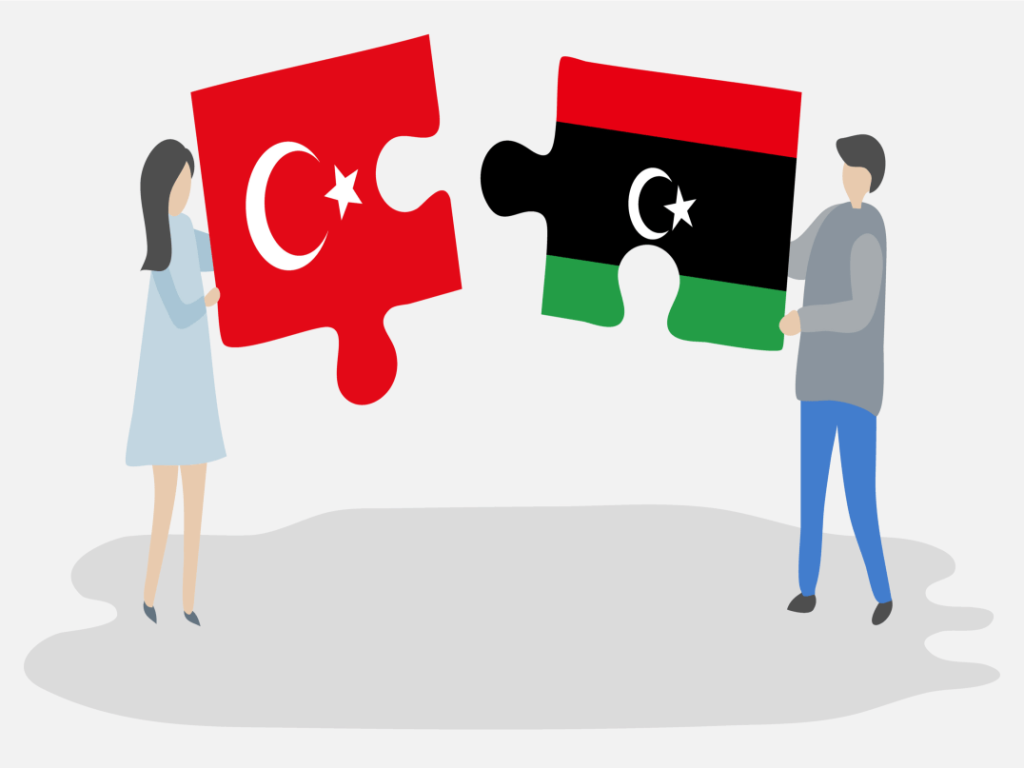The Libyan Arabic dialect is a fascinating window into the culture, history, and people of Libya. Spoken by millions across this North African nation, Libyan Arabic is a unique mix of historical influences, including Italian, Turkish, and Greek. It is distinct from other North African dialects, making it a key part of the country’s identity. If you’re a learner of Arabic, exploring this dialect offers a rewarding journey into the heart of a vibrant culture.
History and Features of Libyan Arabic
The History of Libyan Arabic is shaped by several major events. The migration of Bedouin tribes from the Arabian Peninsula in the 11th century had a powerful impact, making the dialect’s core very close to that of Old Arabic. Later, influences from Andalusian Arabs, the Ottoman Empire, and Italian colonization added unique layers to the language.
Libyan Arabic Dialect Features
The Libyan Arabic dialect has some distinct characteristics that make it stand out.
- Pronunciation: One of the most noticeable features is how the Classical Arabic letter qaf (ق) is often pronounced as a “g” sound, as in “go.” This is a common feature in many Gulf and Bedouin dialects. Also, in the western part of Libya, the sounds for tha (ث), dhal (ذ), and zha (ظ) have merged with other sounds, a key feature that distinguishes it from Eastern dialects.
- Vocabulary: While the vocabulary is mostly Arabic, you’ll find words from other languages. There are Italian loanwords for technical things like machinery and tools, a direct result of the Italian colonization. You’ll also find Turkish words from the Ottoman period and a small number of Berber words from the native languages of the region.
- Regional Differences: The dialect has two main regional varieties: an eastern one in cities like Benghazi and Bayda, and a western one around Tripoli and Misrata. A third, distinctive southern variety also exists, centered on the city of Sabha.
The Arabic Alphabet for Libyan Arabic
Libyan Arabic uses the same Arabic alphabet for Libyan Arabic as Modern Standard Arabic. The pronunciation of certain letters, however, changes depending on the region. For a beginner, learning these differences is a great step toward speaking like a local.
Culture, Religion, and People of Libya
Understanding a language means understanding its people. The Culture of Libya places a strong emphasis on family, tribal bonds, and hospitality. Most of the country’s customs are rooted in Islamic tradition.
- Religion of Libyan: The majority of the population are Sunni Muslims, accounting for over 90%. There are also small communities of Ibadi Muslims, mostly from the Amazigh minority, and a small number of Christians, who are typically foreign workers. Islam is the state religion, and its teachings are central to daily life.
- Languages of Libyan: The official language is Modern Standard Arabic, but people primarily use the local Libyan Arabic dialect for daily conversation. In some parts of the country, especially in the south and west, some people also speak Berber languages like Tamasheq and Nafusi. English and Italian are sometimes spoken in business and tourism.
Largest Cities or Towns in Libya
Libya’s main cities are located along the Mediterranean coast.
- Tripoli: The capital and largest city, with a population of over 1.2 million.
- Benghazi: The second-largest city and a major economic hub in the east, with a population of over 630,000.
- Misrata: A port city known for its industry and economic importance.
- Sabha: A major city in the southern desert region, which has its own distinctive dialect.
Libyan Cuisine
Libyan cuisine is a delicious blend of Mediterranean, North African, and Berber influences. The food is rich with spices and often features lamb, olives, dates, and olive oil.
- Bazin: A popular and iconic dish made from a dough of barley flour, often served with a tomato and meat sauce.
- Couscous: A staple food throughout North Africa, often served with meat and vegetables, especially on Fridays.
- Imbakbaka: A spiced one-pot pasta dish that shows the Italian influence on Libyan food.
- Shorba Libyia: A very common, hearty Libyan soup with lamb and mint.
Resources to Learn Libyan Arabic
Learning a dialect can be a fun challenge. Luckily, there are a number of Resources to learn Libyan Arabic online. You can find courses, tutors, and learning tools on platforms like AmazingTalker and Talkio AI, which offer live one-on-one sessions and AI-powered conversational practice. There are also many YouTube channels and social media groups dedicated to the dialect.
Conclusion
Libyan Arabic is a rich and expressive dialect. Its unique libyan arabic dialect features and deep historical roots make it an exciting dialect for any Arabic learner. By learning to speak it, you gain not only language skills but also a deeper appreciation for the rich Culture of Libya.
To continue your journey into the richness of the Arabic language and its cultures, consider using the Kaleela app. It provides comprehensive lessons on Modern Standard Arabic and various dialects, helping you master not just the words but also the traditions behind them.



